
A pilot study, presented at the 2025 AD/PD conference, evaluating the CUE1 device suggests it may help improve motor symptoms and reduce fall risk in patients with Parkinson disease.

A pilot study, presented at the 2025 AD/PD conference, evaluating the CUE1 device suggests it may help improve motor symptoms and reduce fall risk in patients with Parkinson disease.
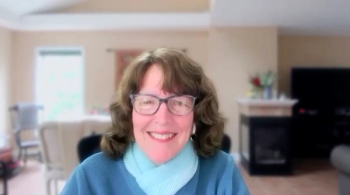
The professor of neurology at Brigham and Women’s Hospital provided clinical insights on her presentation at AD/PD 2025 focusing on the emerging research surrounding complement activation and its influence on amyloid-related imaging abnormalities. [WATCH TIME: 7 minutes]
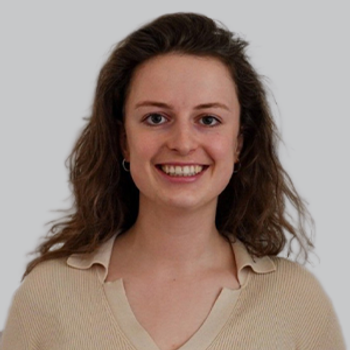
Recently presented at the 2025 AD/PD Conference, the REAL AD study aims to assess the feasibility of blood biomarkers and digital cognitive testing for early detection of Alzheimer disease.
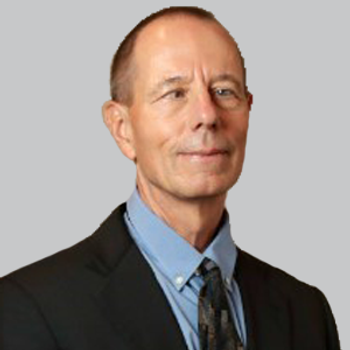
Investigators at AD/PD 2025 presented new data showing that changes in plasma p-tau217 and p-tau181 closely correlate with clinical outcomes in anti-amyloid therapy trials for Alzheimer disease.
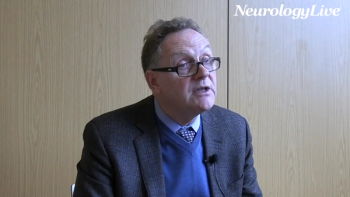
The director of the Alzheimer’s Disease Care, Research, and Education Program at the University of Rochester provided clinical insight on a pivotal trial testing a novel therapeutic in patients with Alzheimer disease who are carriers of APOE4/4. [WATCH TIME: 7 minutes]

The professor of neurology at Brigham and Women’s Hospital gave clinical insights on the therapeutic potential of targeting compliment as a way to mitigate risk for amyloid-related imaging abnormalities from antiamyloid therapies.
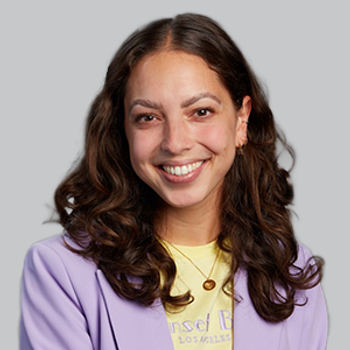
A recent study presented at the 2025 AD/PD Conference identified key modifiers of Alzheimer disease onset in amyloid precursor protein duplication carriers.

A phase 2a biomarker trial of xanamem presented at AD/PD 2025 suggests the drug may help slow clinical decline in patients with Alzheimer who have elevated levels of plasma pTau181.

A recent study reported that silmitasertib, an investigational drug currently in development for cancer, may help reduce motor deficits and neuropathology in a Huntington disease.
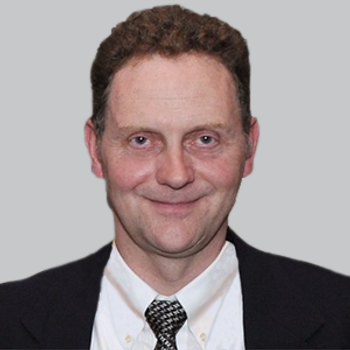
Although valiltramiprosate failed to distinguish itself from placebo on the primary end point, the drug performed significantly better among mild MCI participants vs those with mild Alzheimer disease.
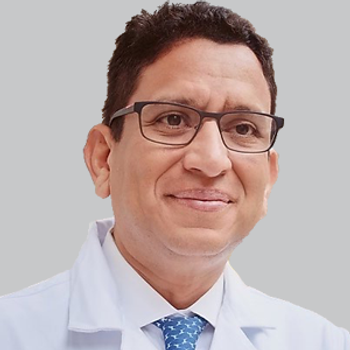
Research suggests that CSF ATI ratios could serve as a biomarker for identifying patients with Alzheimer disease at higher risk of ARIA during lecanemab treatment, aiding in safer patient management.
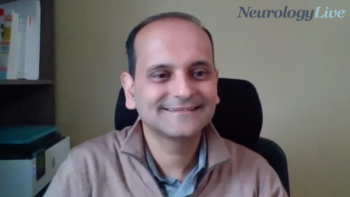
The senior vice president of research at The ALS Association talked about a multidisciplinary session presented at the 2025 MDA Conference that highlighted diverse strategies for neural repair, from pharmacological targets to noninvasive brain stimulation. [WATCH TIME: 6 minutes]
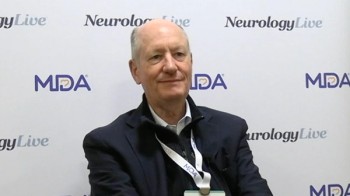
The professor of neurology at the University of Texas Health Science Center San Antonio provided clinical insights on the genetic basis of oculopharyngeal muscular dystrophy, as well as the primary challenges in diagnosing and treating the condition. [WATCH TIME: 5 minutes]
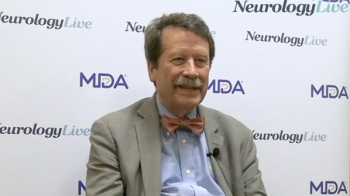
The former FDA commissioner spoke on the need for policy and funding efforts for neuromuscular disorders, the stress on the clinical care system, and the need to acknowledge healthcare inequities. [WATCH TIME: 4 minutes]

The senior vice president of research at The ALS Association discussed insights into neural regeneration therapies and their potential to restore function in neurodegenerative diseases.
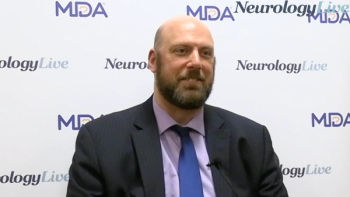
The associate professor of pediatric neurology and genetics at the University of Alabama Birmingham provided clinical insights on the key signaling pathways currently being targeted in the treatment of muscular dystrophies. [WATCH TIME: 4 minutes]
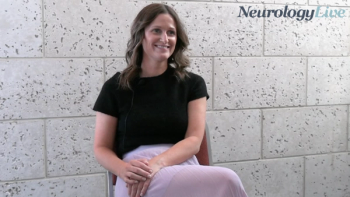
The assistant professor in the department of neurology at Mount Sinai discussed distinguishing cognitive impairment in MS from AD emphasizing orientation as a key differentiator. [WATCH TIME: 5 minutes]
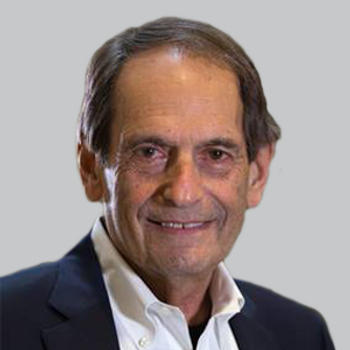
Pooled safety data of delandistrogene moxeparvovec, a gene transfer therapy for Duchenne muscular dystrophy, suggests a manageable tolerability profile up to 5 years of follow-up.
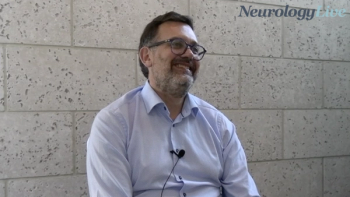
The professor of neurology at University of Colorado School of Medicine talked about the challenges of telehealth and device-based data collection in clinical practice. [WATCH TIME: 4 minutes]
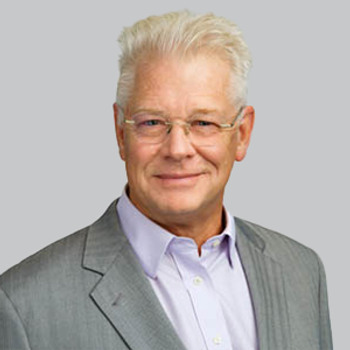
Findings from a phase 2 study of nomlabofusp, a novel investigational therapy for Friedreich ataxia, demonstrated an increase in tissue frataxin levels and metabolic improvements.
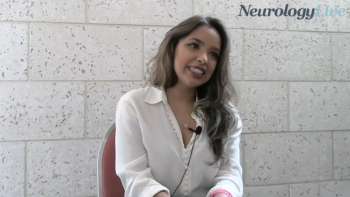
Despite advancements in NMOSD treatments, the founder and executive director of the Sumaira Foundation discussed how misdiagnosis, delayed diagnosis, and disparities in care remain significant challenges. [WATCH TIME: 4 minutes]
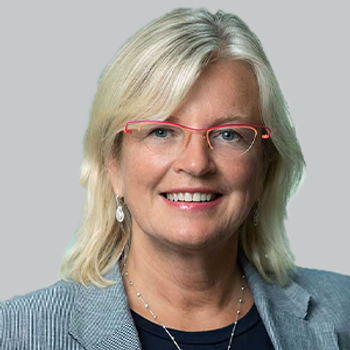
Results from a recent phase 3 study presented at the 2025 MDA Conference reported that oral edaravone remained well tolerated in patients with ALS over 96 weeks, with no new safety concerns.
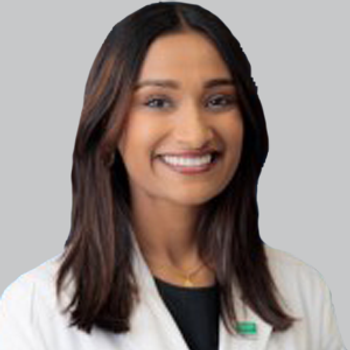
Despite facing mental health concerns with anger, aggression, or irritability, among others, slightly less than one-fourth of patients with DMD utilized psychosocial services such as counseling or therapy.

The phase 2 CANYON trial findings presented at the 2025 MDA conference highlight sevasemten’s potential in reducing muscle injury biomarkers in Becker muscular dystrophy.
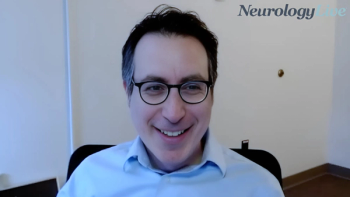
The professor of neurological sciences at the University of Vermont discussed the work of the MS Differential Diagnosis Consortium, highlighting efforts to refine MS differential diagnosis and improve clinical accuracy. [WATCH TIME: 8 minutes]
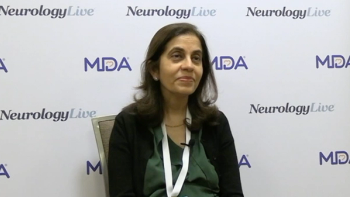
The professor of pediatrics and division chief of Medical Genetics at Duke University gave clinical insight on a presentation on the advancements and limitations of enzyme replacement therapy for Pompe Disease. [WATCH TIME: 3 minutes]

Mind Moments®, a podcast from NeurologyLive®, brings you an exclusive interview with Robert Califf, MD. [LISTEN TIME: 9 minutes]
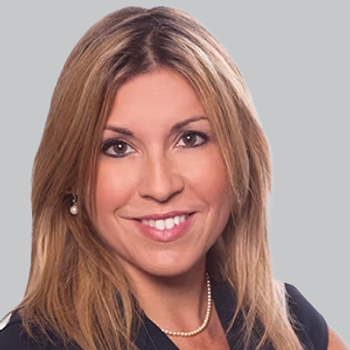
New biomarker data presented at the 2025 Muscular Dystrophy Association Clinical & Scientific Conference of RGX-202 in the phase 1/2 trial highlight strong microdystrophin expression.
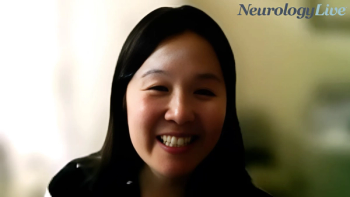
The medical director of the Barlo Multiple Sclerosis Program at St Michaels Hospital discussed findings from phase 3 trials suggesting that baseline PRLs can predict disability accumulation and may serve as biomarkers for treatment response to tolebrutinib. [WATCH TIME: 6 minutes]
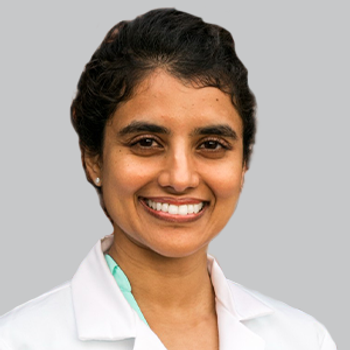
A new analysis reported that givinostat, an oral histone deacetylase inhibitor recently approved for DMD, slowed disease progression by approximately 2 years compared with standard care.